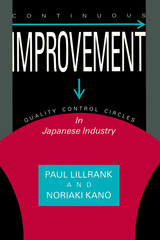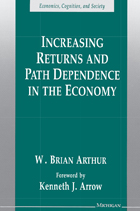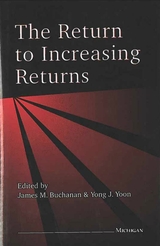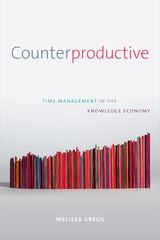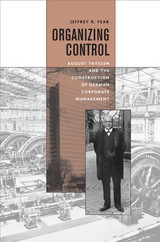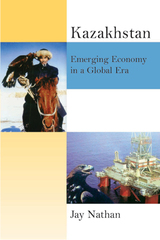Cloth: 978-0-674-23340-9
Library of Congress Classification HD69.S5E27
Dewey Decimal Classification 338.6
Why should manufacturing firms in many national industries maintain multiple small scale plants when they might produce the same output at a lower unit cost in a single large establishment? What specific benefits are attained through the operation of multiple plants? To address these questions, the authors conducted 125 in-depth interviews with businessmen actively involved in plant size and multi-plant operating decisions. They investigated the experience of twelve industries in six countries (West Germany, France, the United Kingdom, Sweden, Canada, and the United States).
The authors develop an economic theory of plant size and multi-plant decisions and apply it to analyze the statistical and qualitative evidence on factors affecting plant size choices. They then examine the extent of multi-plant operation, its statistical correlate, and the economy actually or potentially realizable from various modes of multi-plant operation. Implications are drawn from antitrust and foreign trade policy, the evolution of scientific business management, and the development of industrial organization knowledge.
See other books on: Economies of scale | Industrial organization | Industries | Scherer, Frederic M. | Size
See other titles from Harvard University Press






